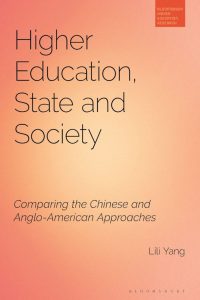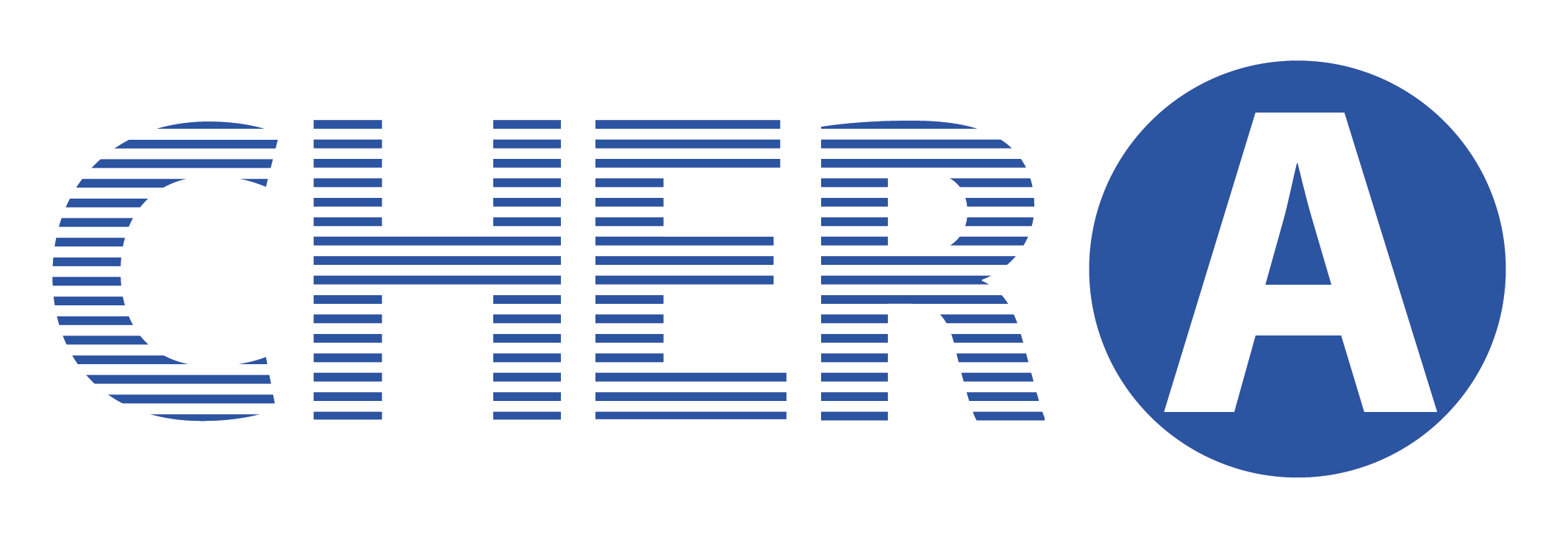
In this monograph, Lili Yang compares core ideas about the state, society, and higher education in two major world traditions. She explores the broad cultural and philosophical ideas underlying the public good of higher education in the two traditions, reveals their different social imaginaries, and works through five areas where higher education intersects with the individual, society, the state, and the world, intersections understood in contrasting ways in each tradition. The five key themes are: individual student development in higher education, equity in higher education, academic freedom and university autonomy, the resources and outcomes of higher education, and cross-border higher education activities and higher education’s global outcomes. In exploring the similarities, Yang highlights important meeting points between the two world views, with the potential to contribute to the mutual understanding and cooperation across cultures.
